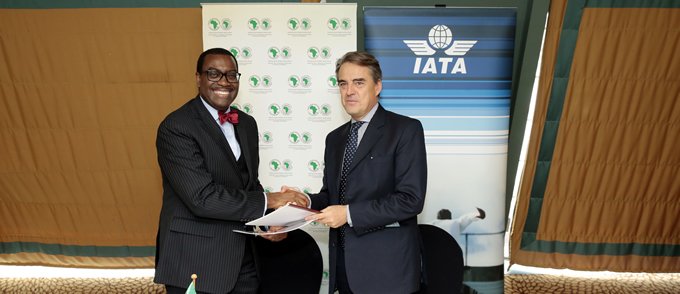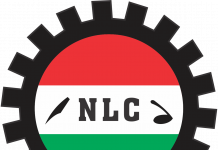The African Development Bank, AfDB, has called for bold actions to improve connectivity, market access, and cost reduction in Africa’s aviation sector. AfDB’s Vice-President for Private Sector, Infrastructure and Industrialisation, Pierre Guislain, made this call at the third ICAO World Aviation Forum in Cairo, Egypt.
The AfDB partnered with the Egyptian government, the African Union Commission, AUC, and the New Partnership for Africa’s Development, NEPAD, to co-host the just concluded World Aviation Forum, of the International Civil Aviation Organisation, ICAO, in Cairo. The Bank has also reiterated its commitment to partner with stakeholders to boost the continent’s aviation sector. Mr. Guislain emphasised the critical role aviation can play to boost economic growth by integrating the continent’s fragmented markets.
According to him, “In the past 10 years, AfDB provided about N306 billion ($1 billion) to the African aviation sector. We have invested in airport construction or expansion in Morocco, Tunisia, Cape Verde, Ghana or Kenya, and in the improvement of air safety and navigation in the Democratic Republic of Congo, DRC, as well as West and Central Africa. We have also provided financing for aircraft acquisition by Ethiopian Airlines and Air Cote d’Ivoire.”
Mr. Guislain said that despite the investment and Africa’s fragmentation with major economic centres geographically far from each other, the low level of connectivity and absence of significant airline hubs remains a real challenge for business people and ordinary Africans. He declared, “We all know that travelling in Africa remains inconvenient and costly. Today, a two and half hour flight from Lilongwe, in Malawi, and Johannesburg, in South Africa, costs three times more than a similar flight from Rome to London, for example,” he noted.
Opening intra-African aviation and lifting remaining traffic restrictions is still a priority nearly 20 years after the Yamoussoukro Decision, which was signed by forty-four African countries.


















